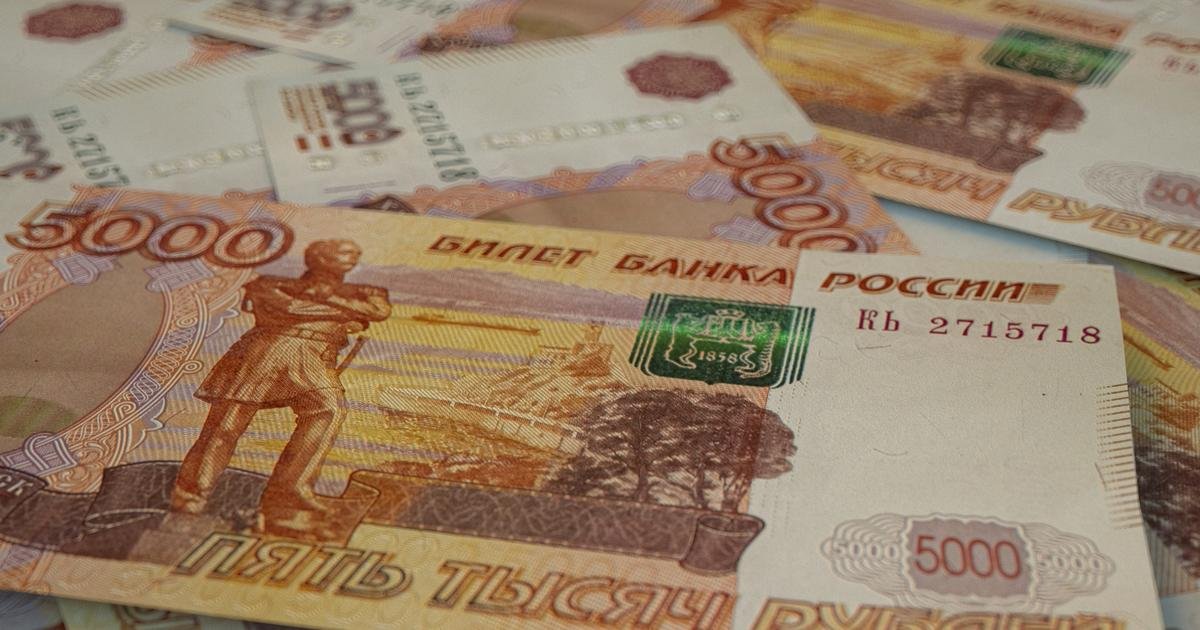What’s going on here?
The Canadian dollar slipped to a 12-week low as political unrest and economic changes put pressure on the currency.
What does this mean?
Canada’s currency is navigating several hurdles, dropping 3.6% since late September to around 71.86 US cents. The decline is partially due to domestic political tension: Prime Minister Trudeau’s government faces scrutiny while lacking support from Bloc Quebecois, unsettling investors. Meanwhile, oil prices fell amid talks of potential diplomatic solutions in the Lebanon conflict, concerning for an economy dependent on oil exports. Economically, the Bank of Canada cut its interest rate by 0.5% last week, marking a significant shift in monetary policy. Bond yields have been unpredictable, with the 10-year yield peaking at 3.320% before a mild decrease, mirroring evolving market forecasts and economic outlook.
Why should I care?
For markets: Political jitters and economic pulse checks.
Currency and bond markets are reacting to Canada’s shifting political and economic landscape. Investors should monitor how the political situation impacts economic decisions and market confidence, particularly as the Bank of Canada adjusts interest rates. Those invested in Canadian sectors or assets may experience volatility, with potential opportunities and risks arising from new fiscal realities.
The bigger picture: Canada’s balancing act on the global stage.
Canada is walking a fine line internationally, as internal political instability and external oil market swings intersect with economic policy changes. How these issues are managed could impact international trade dynamics and Canada’s role as a resource provider. Economically, Canada’s monetary policy shifts may have ripples beyond its borders, influencing global market trends and investor approaches.







